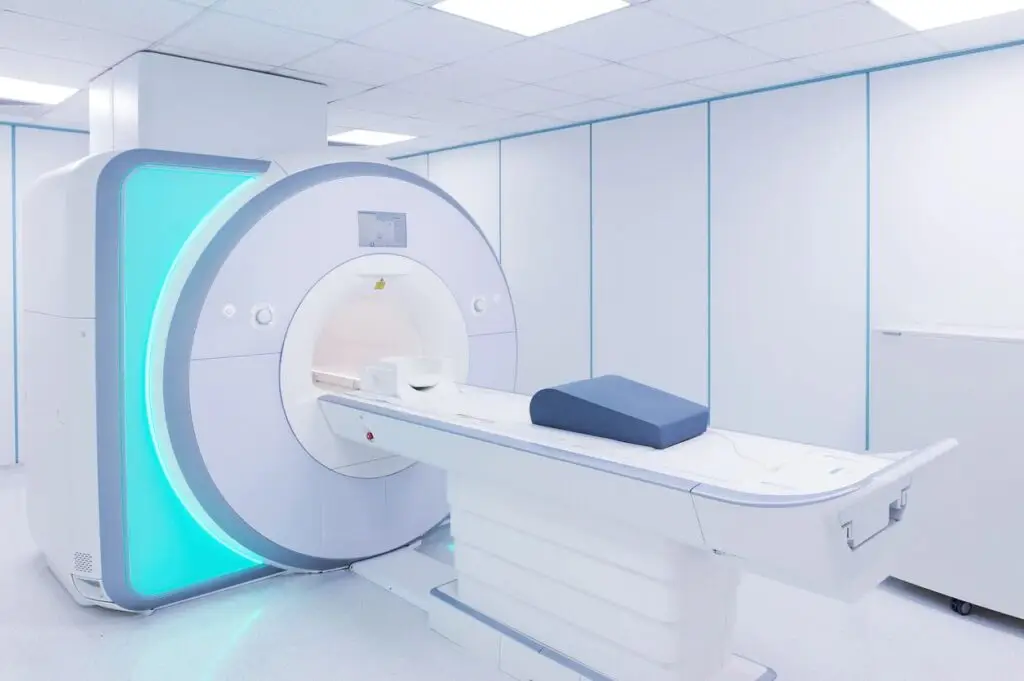Doctor General Surgeon Dubai
Doctor in Dubai that you can trust
Doctor in Dubai that you can trust

A colonoscopy is a medical procedure that allows Dr. Kateryna to examine the inner lining of the large intestine (colon) and rectum using a long, flexible tube called a colonoscope. This procedure is pivotal for diagnosing and monitoring various gastrointestinal conditions, including polyps, tumors, inflammatory bowel diseases, and sources of gastrointestinal bleeding. It can also be utilized as a preventive measure, particularly for colorectal cancer screening.
Colorectal cancer is one of the leading causes of cancer-related deaths, but it is highly preventable with regular screenings. Colonoscopy is considered the gold standard for colorectal cancer screening because it not only detects abnormalities but also allows for immediate intervention, such as the removal of polyps before they can develop into cancer. The procedure is recommended for individuals aged 45 and older, or earlier for those with a family history of colorectal cancer or other risk factors. American colorectal society recommend start doing colonoscopy from 45-50 years old, but doctor advise to start doing colonoscopy as earlier as possible.

Preparation is a critical step in the colonoscopy process to ensure a clear view of the colon. Here’s what you can expect:
Dietary Restrictions: A few days prior to the procedure, you will be advised to follow a low-fiber diet. The day before your colonoscopy, a clear liquid diet will be required, which includes broths, clear juices, and gelatin.
Bowel Cleansing: To visualize the colon effectively, it is essential to have an empty bowel. Dr. Kateryna will prescribe a laxative or a bowel-cleansing solution to help flush out the intestines. It’s crucial to follow these instructions closely to ensure optimal results.
Medications: Inform Dr. Kateryna about all medications you are taking, as certain medications may need to be adjusted or temporarily stopped before the procedure.
Transportation: Since sedation is typically used during a colonoscopy, you will need to arrange for someone to drive you home afterward.
On the day of your colonoscopy, you will check in at our hospital. Here’s what happens during the procedure:
Sedation: Patients will be under a sedative to help to relax during the procedure. While some patients may opt for general anesthesia, most undergo moderate sedation, allowing them to remain awake yet comfortable.
Insertion of the Colonoscope: Once you’re sedated, the doctor will gently insert the colonoscope through the rectum and into the colon. The colonoscope is equipped with a camera and light that sends images to a monitor, allowing doctor Kateryna to examine the intestinal lining.
Inspection and Interventions: Doctor Kateryna will carefully inspect the colon for any abnormalities, such as polyps or inflamed tissue. If polyps are found, they can often be removed during the procedure for further analysis.
Duration: A colonoscopy typically takes about 30 to 60 minutes, although this can vary depending on the findings and any procedures performed.
After the colonoscopy, you will be monitored until the effects of sedation wear off. You may experience mild cramping or bloating, which is normal and usually subsides within a few hours. Here’s what to keep in mind post-procedure:
Rest: It’s recommended to rest for the remainder of the day and avoid any strenuous activities.
Diet: You can gradually resume your normal diet unless otherwise instructed by doctor Kateryna.
Follow-Up: If biopsies were taken or polyps removed, doctor Kateryna will schedule a follow-up appointment to discuss the results.
Signs to Watch For: While complications are rare, it’s essential to watch for signs of complications such as severe abdominal pain, fever, or rectal bleeding. If you experience any of these symptoms, contact Dr. Kateryna immediately.
While colonoscopy is generally safe, like any medical procedure, it does come with some risks, including:
Dr. Kateryna will discuss these risks with you and ensure that the benefits of the procedure outweigh any potential complications.
A colonoscopy is a crucial tool for maintaining gastrointestinal health and preventing colorectal cancer. Regular screenings can lead to early detection and intervention, significantly improving outcomes. If you have any questions about the procedure or the preparation process, don’t hesitate to reach out to Dr. Kateryna. Prioritizing your colon health is a vital step in ensuring your overall well-being.
© All Rights Reserved.